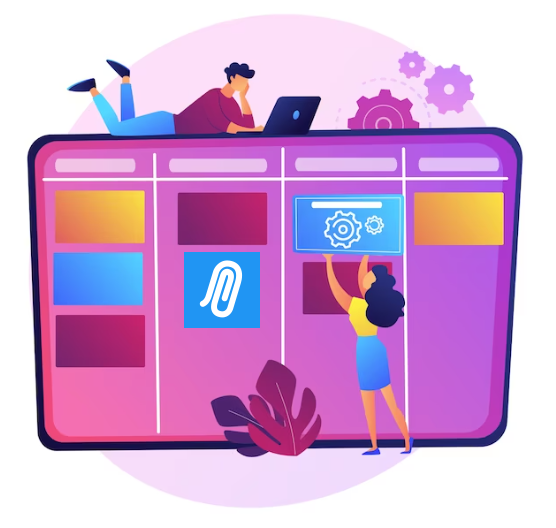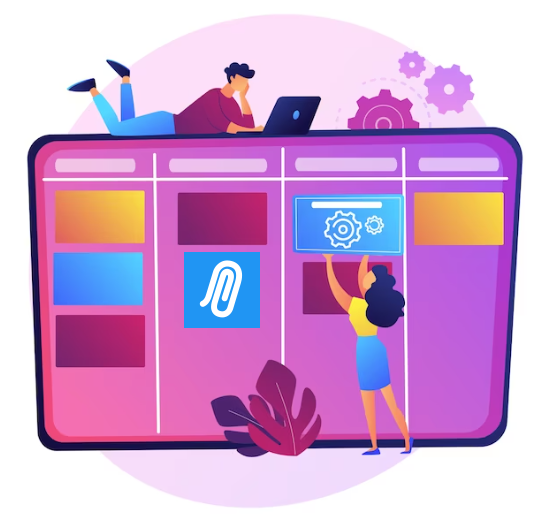In today's fast-paced and digital world, staying organized is crucial for achieving productivity and success, both on an individual and organizational level. With the increasing demands of work, the ability to efficiently manage tasks, schedules, and information has become a paramount concern. This is where
organizing apps step in as powerful tools that can significantly
amplify organizational productivity. In this article, we will explore how these apps can transform the way businesses operate and enhance overall efficiency.

- Streamlining Task Management Organizing apps offer a centralized platform for managing tasks and to-do lists. They provide a structured way to prioritize and categorize tasks, helping employees focus on what matters most. With features like due dates, reminders, and task assignments, these apps ensure that nothing slips through the cracks. When tasks are organized and readily accessible, employees can stay on top of their responsibilities, resulting in improved time management and productivity.
- Enhanced Collaboration Collaboration is the cornerstone of modern workplaces, and organizing apps facilitate seamless teamwork. These apps often include collaboration features such as shared calendars, project boards, and document sharing. Teams can collaborate in real-time, access shared resources, and communicate more efficiently. This not only fosters better teamwork but also accelerates project completion and decision-making processes.
- Effective Time Management Time is a finite resource, and managing it effectively is key to organizational productivity. Organizing apps offer tools like calendars, time tracking, and scheduling features that help employees allocate their time wisely. By visualizing their schedules and commitments, individuals can make informed decisions, reduce time wastage, and maximize their productivity.
- Simplified Information Retrieval One common productivity challenge is information overload. Organizing apps often include features for storing and retrieving information, such as notes, documents, and bookmarks. With these tools, employees can quickly find the information they need, reducing the time spent searching for files and resources. This streamlines workflows and enhances overall productivity.
- Automation and Integration Many organizing apps integrate with other software and services, allowing for automation of repetitive tasks. For example, apps can automatically sync data between platforms, send notifications, or trigger actions based on specific conditions. Automation reduces manual work, minimizes errors, and frees up time for more valuable tasks.
- Data Security and Accessibility Security is a top concern for organizations, and organizing apps often provide robust security features. Data encryption, access controls, and secure cloud storage ensure that sensitive information remains protected. Furthermore, the cloud-based nature of these apps allows employees to access their organized data from anywhere, promoting flexibility and remote work.



Write a Comment